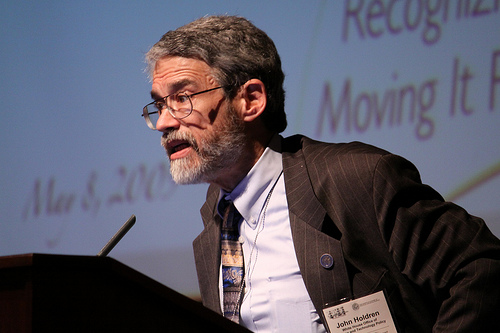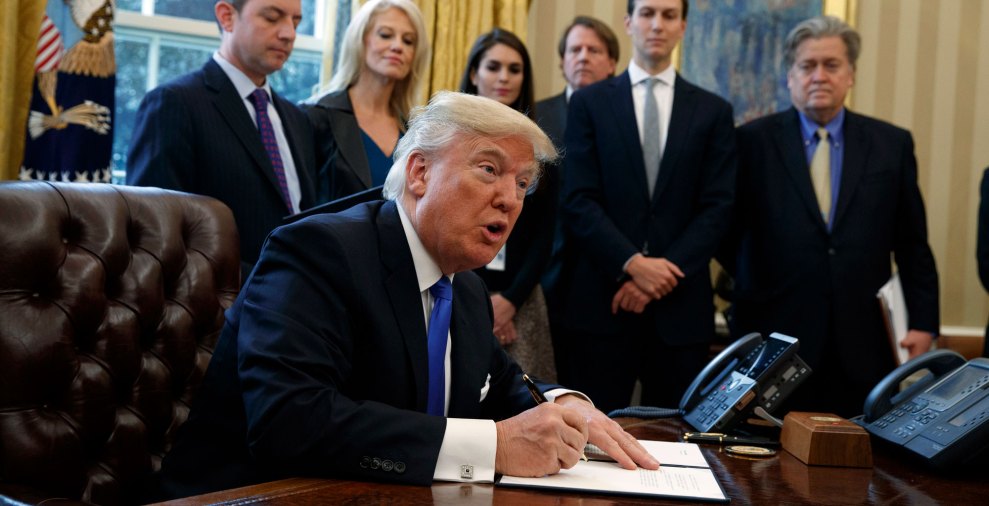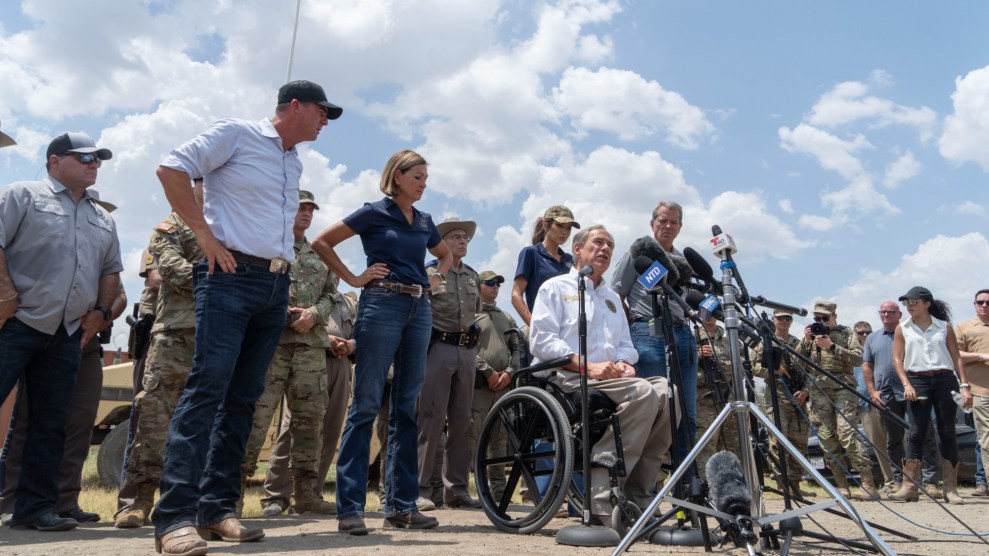It took the Obama administration almost two years to issue a new scientific integrity plan, a government-wide policy to ensure that decisions are based on science, not politics, and to allow scientists to do their jobs without fear of intimidation. The administration promised the plan would go a long way toward “restoring scientific integrity to government decision making” after the Bush years, during which scientists were silenced and their work was ignored or heavily edited.
When the Office of Science and Technology Policy finally issued the plan last December a year and a half overdue, it was really more of a framework that set a minimum government-wide standard and then directed individual agencies to write their own policies. On Friday afternoon—the last day before the deadline—the Environmental Protection Agency issued its plan.
The draft plan aims to “enhance scientific integrity throughout EPA.” Its intent is to make sure both that scientists and engineers within the agency are operating with integrity and following ethics rules, but also to ensure that they are able to operate “free from political influence”—i.e., they’re not being forced to do things because of some manager or a political appointee. The plan is open for public comment through September 6.
The watchdog group Public Employees for Environmental Responsibility (PEER), though, called the standards “pathetically weak” in a press release on Monday. The group, which often represents government employees tangled up in exactly this type of problem, say the rules don’t do enough to prohibit political interference with science, promote transparency or ensure that whistleblowers are protected within the agency.
“EPA has put forward by far the weakest scientific integrity rules of any agency. In many ways, it is a big step backward,” said PEER Executive Director Jeff Ruch in the release. “Under EPA’s plan to protect scientific integrity, only its scientists can be punished for misconduct as there are no firm rules against managers manipulating or masking technical work and no mechanism to enforce rules if they existed.”
The group was also critical of the policy that the Department of Interior issued last year.













